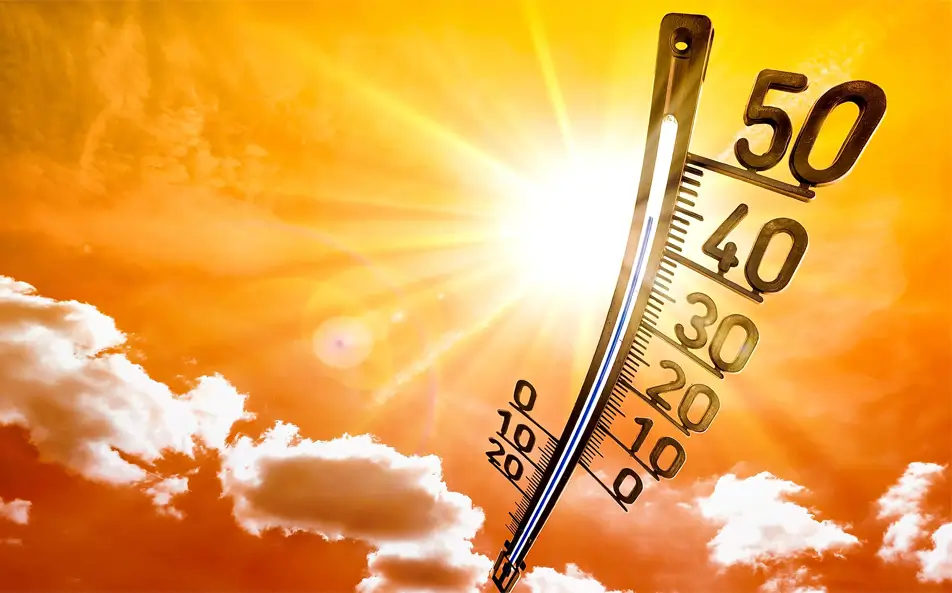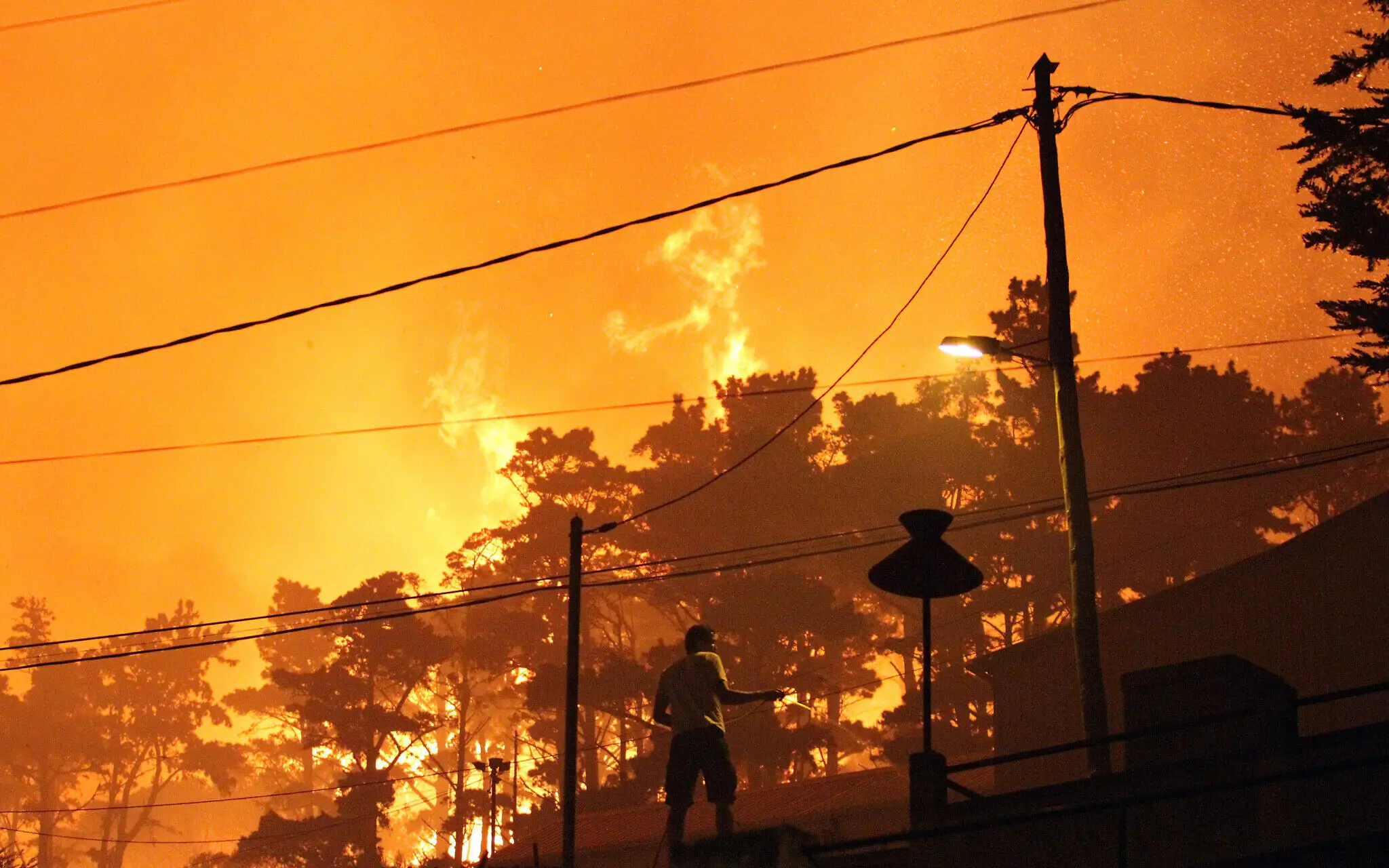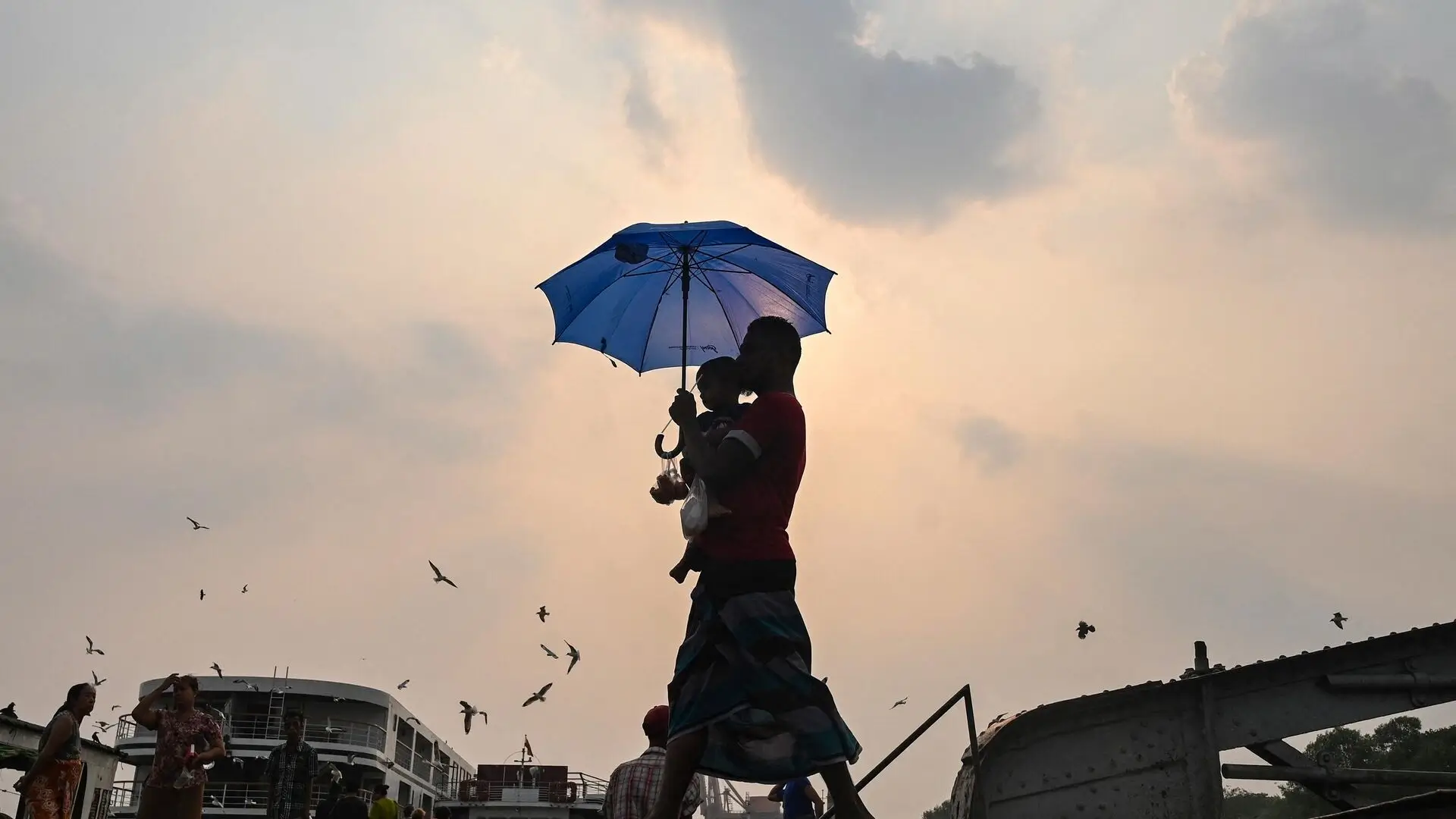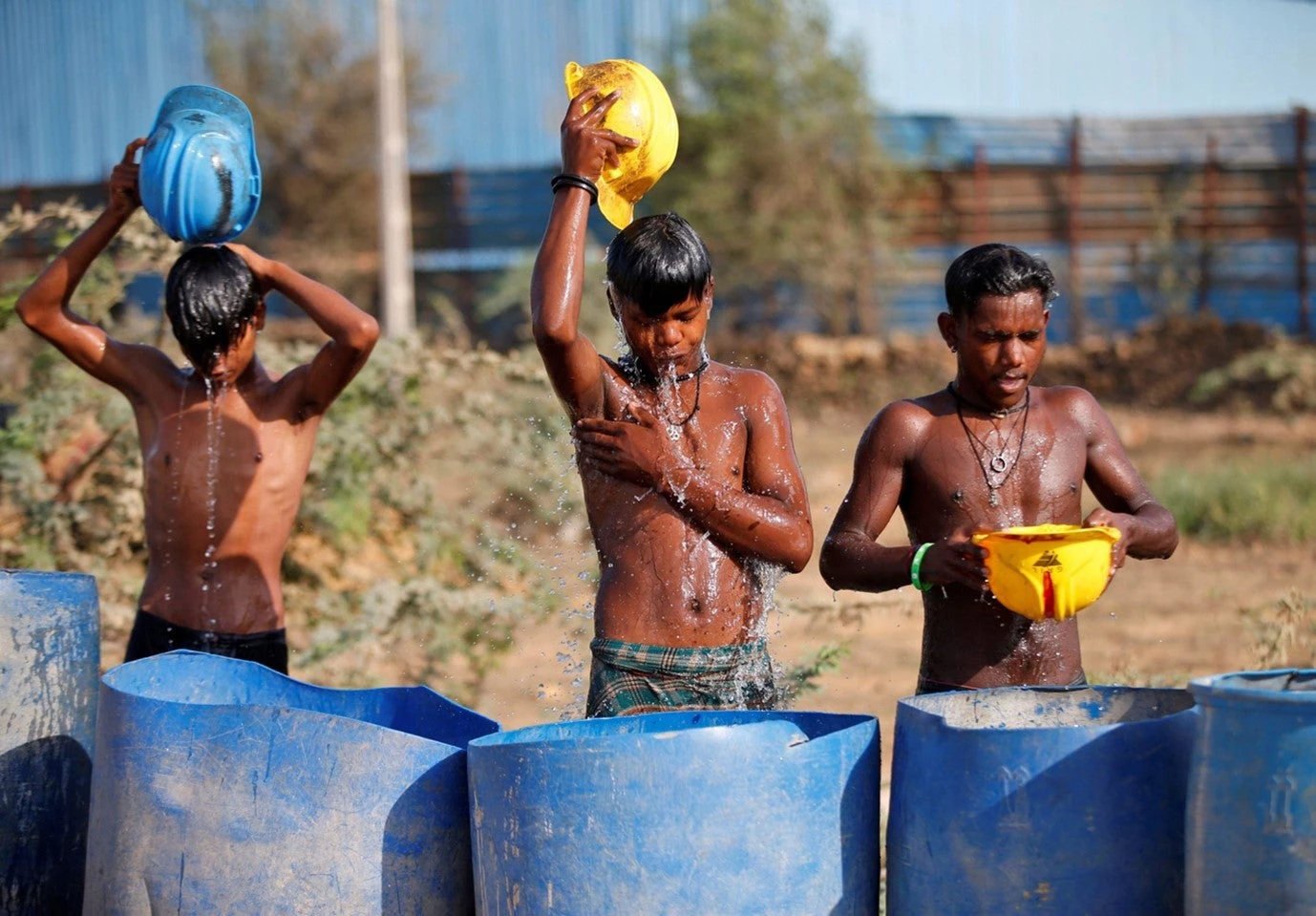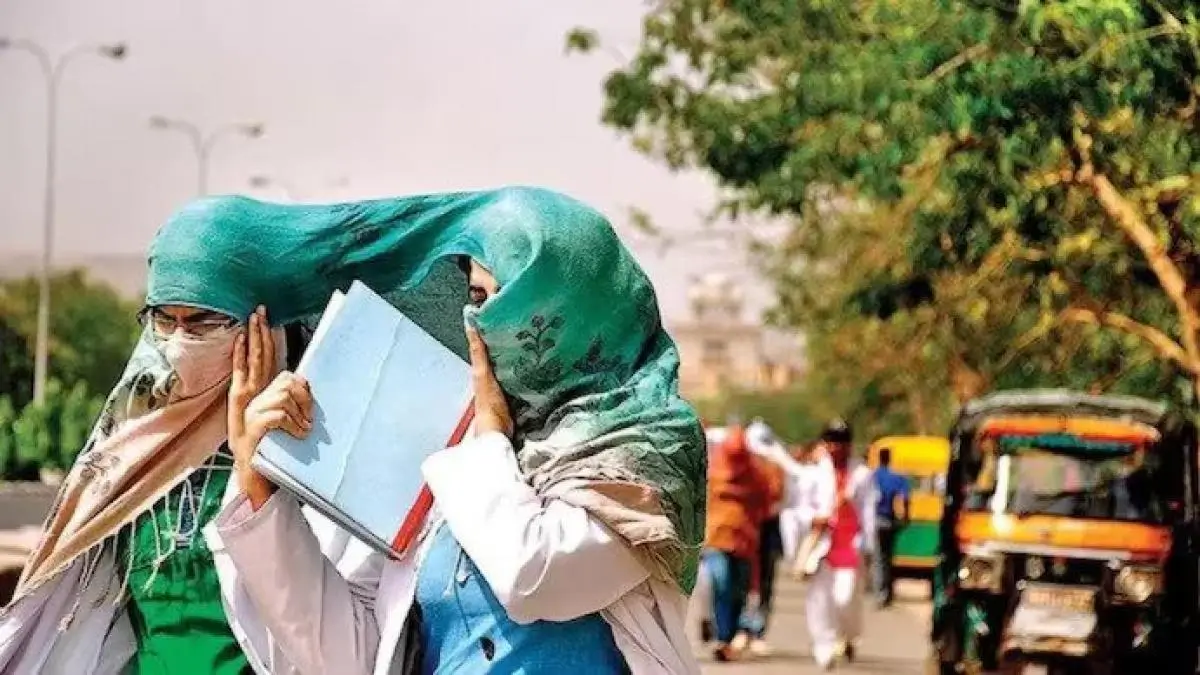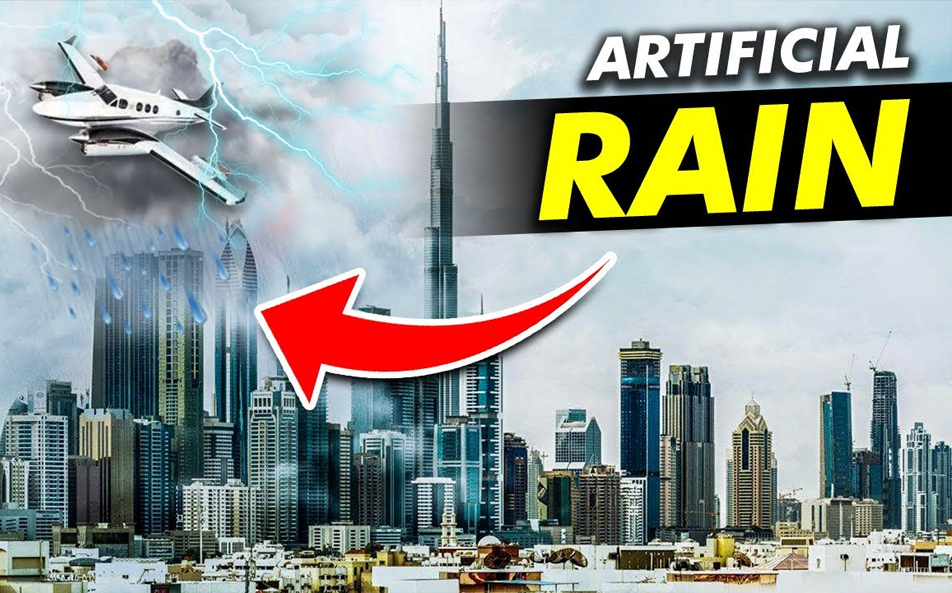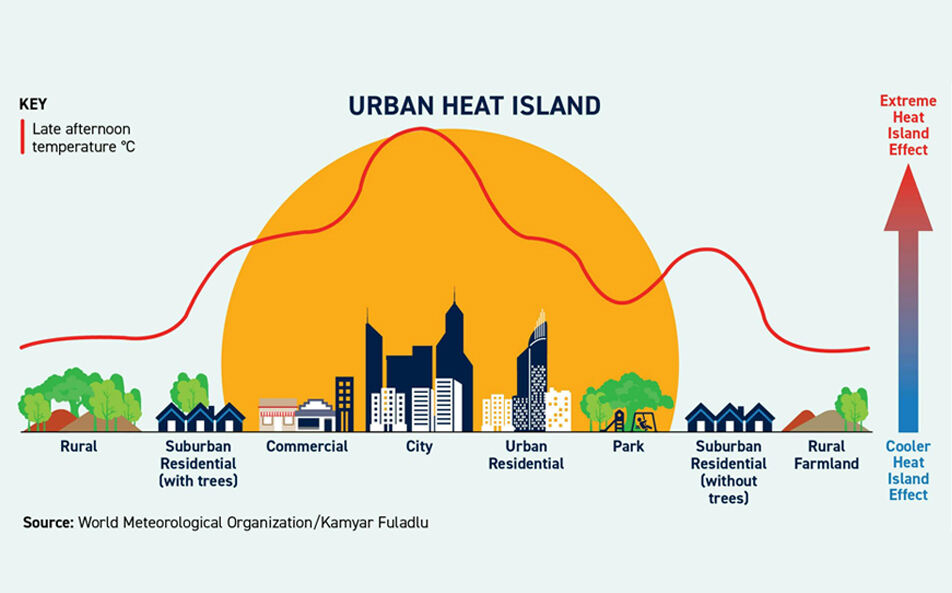
The United Indian

Delhi Temperature to cross 40degrees in next week!
Could this be an impact of heatwaves?
Let's find out!
The summer sun beats down mercilessly, turning asphalt into a shimmering mirage and buildings into giant heat sinks. This isn't just another hot day; it's a heatwave – a period of abnormally high temperatures that disrupts our lives and threatens our health.
Globally, temperatures are rising and becoming more common, but there are fewer cold days. Four days in a row in July 2023 saw temperatures on Earth surpass or tie the record for the hottest day ever recorded.
Defining the Heat: What is a Heatwave?
Global Heatwaves are not simply extended periods of hot weather. They are defined by exceeding normal seasonal averages by a significant margin for a sustained period. The specific thresholds for what constitutes a heatwave vary depending on location and the climatic norms of a particular region.
For instance, the National Weather Service (NWS) in the United States defines a heatwave as a period of abnormally high temperatures exceeding predefined thresholds for at least three consecutive days. These thresholds are based on historical data and consider factors like humidity, which plays a crucial role in how our bodies perceive and respond to heat.
In simple language, Heat waves are anything but fun in the sun. Extreme heat and humidity can be extremely uncomfortable and pose serious health risks, especially for infants, children, pregnant women and the elderly. Without taking the proper precautions, extreme heat can lead to heat stroke and even worse, fatality. As a result of climate change, heat waves are becoming longer, more frequent and more severe.
Heat waves are anything but fun in the sun. Extreme heat and humidity can be extremely uncomfortable and pose serious health risks, especially for infants, children, pregnant women and the elderly. Without taking the proper precautions, extreme heat can lead to heat stroke and even worse, fatality. As a result of climate change, heat waves are becoming longer, more frequent and more severe.
Here's a breakdown of how different regions define heatwaves:
- India Meteorological Department (IMD): A period of abnormally high temperatures exceeding normal seasonal averages by 4-6°C for at least 4-5 consecutive days. The severity is further categorized based on the temperature departure from normal.
- Australian Bureau of Meteorology (BOM): An extended period of abnormally hot weather that is likely to cause health problems in vulnerable people. The specific thresholds depend on location and historical data.
- European Centre for Medium-Range Weather Forecasts (ECMWF): Heatwaves are identified based on a combination of factors, including maximum and minimum temperatures, humidity, and historical data.
These variations highlight the importance of understanding local definitions to accurately assess the severity of a heatwave.
A Global Phenomenon: The Rise of Heatwaves
Heatwaves are not isolated events. They are a growing concern worldwide, fueled by the undeniable reality of climate change. Our planet is warming due to the increased concentration of greenhouse gases like carbon dioxide in the atmosphere. These gases trap heat, causing a gradual rise in global temperatures.
The Intergovernmental Panel on Climate Change (IPCC), the leading international body for the assessment of climate change, reports a rise in global average temperature by about 1°C since pre-industrial times. This seemingly small increase translates to a higher baseline temperature, making heatwaves more likely and severe.
The IPCC further predicts that the frequency, intensity, and duration of heatwaves are expected to increase in the coming decades under various climate change scenarios. This poses a significant threat to human health, ecosystems, and economies worldwide.
Beyond Land: The Threat of Marine Heatwaves
While heatwaves scorch the land, another concerning phenomenon is emerging in our oceans: marine heatwaves. These events involve prolonged periods of unusually warm ocean temperatures. Marine heatwaves disrupt delicate marine ecosystems, impacting fish populations, coral reefs, and ocean chemistry.
The consequences of marine heatwaves extend beyond the oceans. They can influence weather patterns, potentially intensifying heatwaves on land through mechanisms like increased moisture availability in the atmosphere.
Understanding the interconnectedness of these phenomena is crucial for developing effective strategies to mitigate the impacts of climate change.
The Case of Delhi: A City on the Brink
Delhi, the bustling capital of India, is a prime example of a city grappling with the scorching reality of heatwaves. The combination of several factors makes Delhi particularly vulnerable:
- Dense Population: Millions of people residing in close proximity create an urban heat island effect. Buildings, concrete, and asphalt absorb and retain heat, leading to significantly higher temperatures in urban areas compared to surrounding rural environments.
- Geographical Location: Delhi is situated in northwest India, a region already prone to hot and dry summers. Climate change further exacerbates these conditions, pushing temperatures beyond tolerable limits.
- Lack of Green Cover: Shrinking green spaces and deforestation contribute to the urban heat island effect. Trees provide shade and evapotranspiration (the release of water vapor into the atmosphere through plant leaves), which has a cooling effect.
These factors combine to create a dangerous situation for Delhi's residents. Heatwaves in the city have become more frequent and intense, posing a significant health risk, particularly for vulnerable populations like children, the elderly, and those with chronic illnesses.
The Scorching Impact: How Heatwaves Affect Us All
The consequences of heatwaves in Delhi and globally are far-reaching and multifaceted. Here's a closer look at how they impact individuals, communities, and ecosystems:
- Individual Health: and worsening of pre-existing medical conditions are some of the major health threats posed by heatwaves. Vulnerable populations like children, the elderly, and those with chronic illnesses are at a higher risk. Symptoms can range from mild discomfort to organ failure and even death in extreme cases.
- Community Level: Increased energy consumption for cooling purposes, reduced labor productivity due to heat stress, and potential damage to infrastructure are some of the economic consequences of heatwaves. Businesses may face disruptions, and essential services can be strained.
- Water Scarcity: Heatwaves often coincide with periods of low rainfall, leading to increased water demand for both human consumption and cooling purposes. This can strain water resources, leading to potential water shortages.
- Ecosystem Disruption: Extreme temperatures can disrupt plant and animal life cycles. Plants can experience stunted growth, reduced pollination, and increased heat stress. Animals may face difficulties finding food and water, leading to population decline and changes in migration patterns.
These impacts are interconnected and can have cascading effects. For example, heat-related illnesses can overwhelm healthcare systems, further straining resources during a heatwave. Additionally, disruptions to ecosystems can affect food security and livelihoods, impacting communities that rely on agriculture or fishing.
Beyond the Headlines: Understanding the Long-Term Effects
The consequences of global heatwaves extend beyond the immediate health issues. Studies suggest a possible link between prolonged exposure to extreme heat and increased risk of cardiovascular diseases, respiratory problems, and mental health issues.
Heatwaves can also have a cascading effect on ecosystems. Extreme temperatures can disrupt plant and animal life cycles, impacting agriculture and biodiversity. Changes in plant communities can alter the fire regime of an area, increasing the risk of wildfires. Marine heatwaves can disrupt ocean food webs and lead to coral bleaching events, impacting the health of marine ecosystems.
Battling the Blaze: Preventive Measures are Key
While completely eliminating heatwaves in Delhi or globally might not be possible, several measures can be taken to mitigate their impact:
- As individuals, we can take ensure staying hydrated, wearing loose-fitting clothes, avoiding strenuous activity during peak heat hours, and utilizing cooling measures like air conditioning or fans are crucial steps to protect oneself from heat-related illnesses.
- Planting trees, creating green spaces, and utilizing reflective materials on rooftops can help lower ambient temperatures in urban areas. Public education campaigns on heat-related illnesses and preventive measures are also essential. Communities can establish cooling centers—public spaces with air conditioning—that provide refuge for vulnerable populations during heatwaves.
- Developing heat action plans that outline early warning systems, cooling centers for vulnerable populations, and restrictions on non-essential water usage are crucial steps. These plans should be developed in collaboration with public health officials, community organizations, and emergency responders.
- Investing in heat-resistant infrastructure, such as green roofs and heat-reflective pavements, can help to reduce the urban heat island effect. Promoting sustainable urban planning practices that encourage walkable neighborhoods and green spaces can also contribute to long-term resilience.
Conclusion: Building Resilience for a Hotter World
Heatwaves are a stark reminder of the consequences of climate change. As cities like Delhi and countless others grapple with rising temperatures, it's crucial to adopt a multi-pronged approach. Individual actions, community initiatives, and proactive city planning are all essential to building resilience and ensuring a safer, cooler future for all.
By understanding the science of heatwaves, their impacts, and preventive measures, we can better equip ourselves to face this growing threat. Collective action at all levels – individual, community, and governmental – is crucial to mitigate the scorching effects of heatwaves and build resilience in a hotter world.
Read more in Environment
May 27, 2025
TUI Staff
May 27, 2025
TUI Staff

Stay Tuned with The United Indian!
Our news blog is dedicated to sharing valuable and pertinent content for Indian citizens. Our blog news covering a wide range of categories including technology, environment, government & economy ensures that you stay informed about the topics that matter most. Follow The United Indian to never miss out on the latest trending news in India.
©The United Indian 2024

